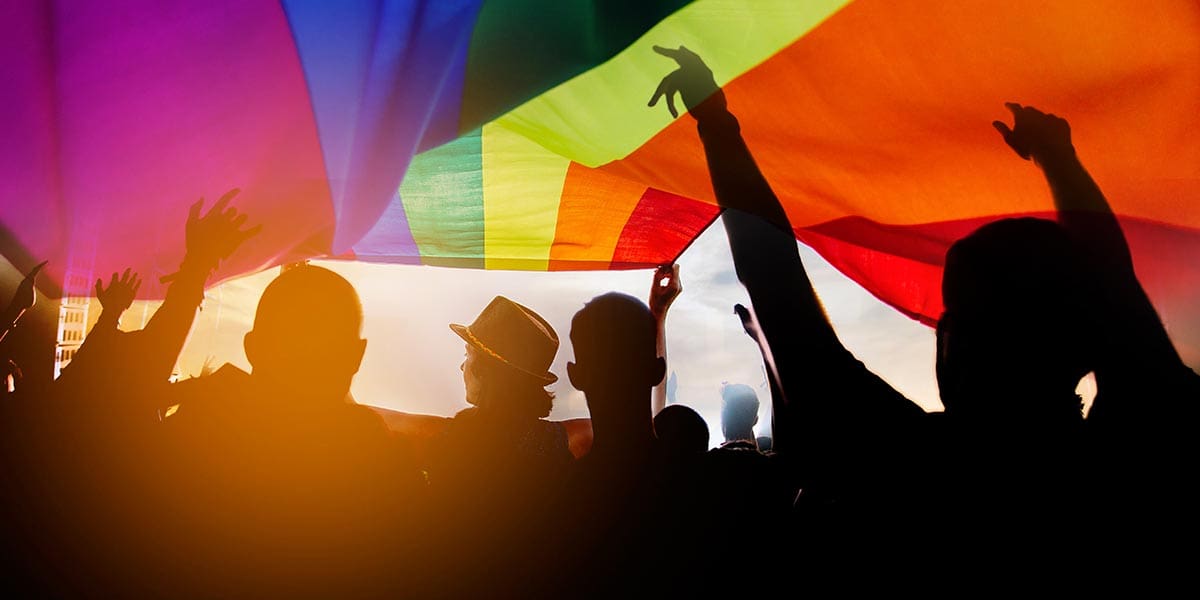Georgia Faces Crisis as New Law Targets LGBTI Community

The LGBTI+ community in former Soviet republic, Georgia is facing an alarming threat as the country’s Parliament passes a controversial anti-LGBTI legislative package.
The law, titled “On Family Values and the Protection of Minors”, aims to curtail the rights of LGBTI people, with potentially devastating consequences for both Georgian society and foreign residents.
Passed on 17 September 2024, the law follows a trend of increasing authoritarianism in Georgia, mirroring similar moves in Russia. The legislation will outlaw:
- Advertising, public demonstrations or information in schools in connection to LGBTI people and identities
- Legal gender recognition
- Any kind of trans-specific healthcare, such as hormone therapy
- Adoption for same-sex couples
- Any legal recognition of same-sex couples
It also make “biological sex” markers mandatory in state issued documents and labour contracts,” further marginalising trans and intersex people.
International Outcry
ILGA-Europe, an international LGBTIQ rights organization, has condemned the law, urging Georgian President Salome Zourabichvili not to sign it into effect. In a strong statement, ILGA-Europe noted that this legislation is not only a severe violation of human rights but also goes against Georgia’s democratic values.
“This draconian law threatens the lives, rights, and safety of Georgia’s LGBTI people,” said an ILGA-Europe representative. “It is crucial for the international community and civil society to take decisive action against this blatant attack on human rights.”
The proposed law adds to an already challenging environment for civil society in Georgia. Just months earlier, the government passed a “foreign agent” law, forcing non-governmental organizations and independent media receiving more than 20% of their funding from abroad to register as foreign agents. This law severely hampers LGBTI rights organizations’ ability to function.
Impact on LGBTI Lives
The new law’s far-reaching effects will make it nearly impossible for LGBTI people to have their partnerships legally recognised. It will also restrict access to gender-affirming healthcare for transgender individuals, worsening their mental health outcomes.
For foreigners, the law creates significant administrative hurdles, including separation of families not recognized by Georgian law.
Transgender and intersex people are particularly vulnerable, as the law enforces the use of “biological sex” markers in state documents, leading to increased discrimination, violence, and harassment.
Opposition and Protests
Public opposition to the law has been widespread. Thousands of Georgians have taken to the streets in protest, denouncing the law as anti-democratic and a step backward from Georgia’s aspirations to join the European Union.
Critics argue that the law is being used by the ruling Georgian Dream party to scapegoat the LGBTI community in a bid to consolidate political power ahead of the upcoming national election in October.
ILGA-Europe has called on the Georgian government to reconsider this legislation, and on international allies to apply pressure. The EU has been urged to adopt sanctions, including visa bans for those responsible for drafting and passing the law.
Leave a Reply